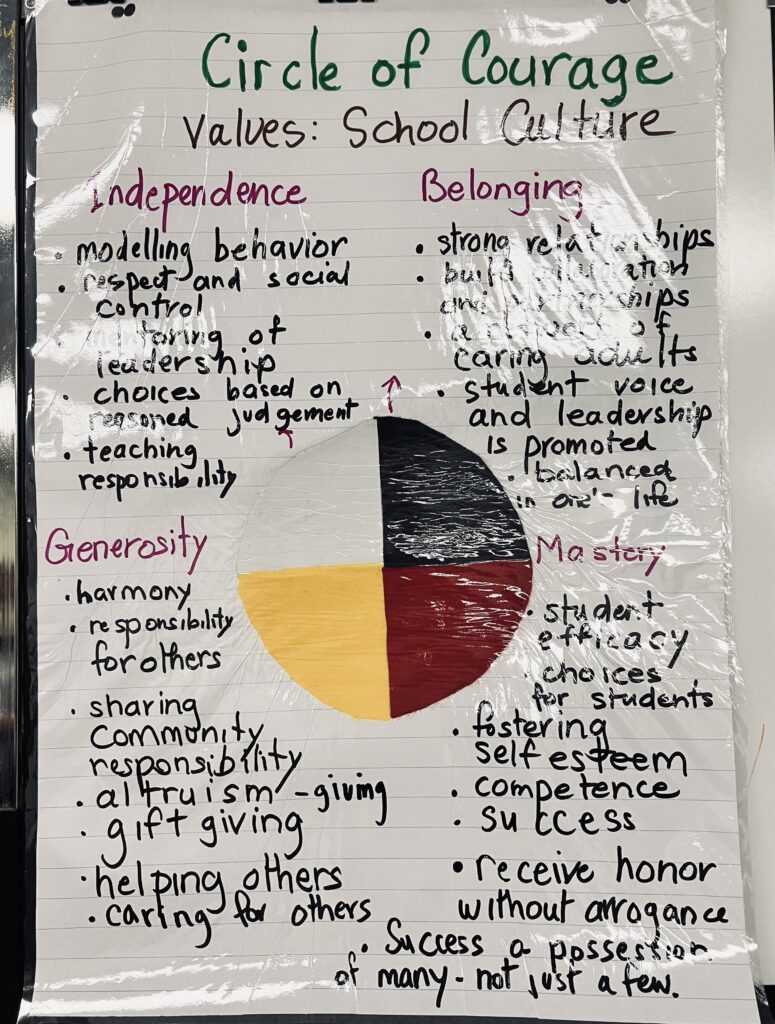During my formative practicum, I attended and was able to take-in multiple professional learning opportunities, including:
(1) an Individual Education Plan (IEP) meeting;
(2) a School Based Team (SBT) meeting, wherein I was able to make helpful contributions based off of what I observed over the course of my four-week practicum;
(3) a Psych Ed report-out meeting;
(4) reading assessment training, wherein our district’s Intermediate Curriculum Support Teacher, Sue Hollowell, walked me through Fountas and Pinnell’s Benchmark Assessment System (the current reading assessment system that our district uses). I watched Sue assess the reading level of two students in my practicum classroom, and then I had the opportunity to assess two students on my own (under her supervision and guidance). This was my first time performing reading assessments.
(5) a Words Their Way workshop, wherein I joined my coaching teacher at the District Office to be introduced to a program aimed at improving student literacy skills;
(6) an Intermediate Grade-Level Meeting, wherein I joined my coaching teacher and many of the intermediate teachers in our district to discuss a new online resource (Live It Earth!), how to foster classroom culture and promote self-regulation in school through security (ensuring all students feel secure, safe, cared for, etc.), as well as the fundamental elements of literacy in the classroom (phonological and phonemic awareness, phonics, fluency, vocabulary, comprehension, and writing), approaching numeracy tasks through problem-solving, and the new BC K-12 assessment and reporting policy framework; and
(7) our District’s Indigenous Focus Day, wherein I joined together with all K-12 educators from our district to learn and grow in our collective understanding, knowledge, and application of Indigenous ways of knowing and being. It was a powerful day of communal learning that opened with a morning prayer from local elder, Ellie Peters, followed by Indigenous drumming and guest speaker, Kevin Lamoureux (Ensouling our Schools). Kevin spoke of the importance of Truth and Reconciliation and the 94 Calls to Action, specifically TRC 62.2: “providing teacher education on how to integrate and utilize Indigenous knowledge and teaching methods in classroom” (Truth and Reconciliation Commission of Canada).
Kevin highlighted teachers and the important role they (we) play in moving society forward, toward a better future for ALL children. A future where schools are safer and happier places to learn (and teach). Kevin emphasized Dr. Martin Brokenleg’s Circle of Courage, its four quadrants of Belonging, Independence, Mastery, and Generosity, and how important they are to trauma-informed practice and “Mino-Pimatisiwin”—living in a good way. Kevin discussed how teachers must address all four quadrants, or core values, in order to create an environment where children can/will thrive.
Following Kevin’s speech, my coaching teacher and I joined the rest of our school in planning an Indigenous Culture Day, set to take place in the coming weeks. As a school, we discussed stations and activities ranging from Indigenous language games to Indigenous physical education games; from Indigenous stories and art to indigenous drumming and hoop dancing; as well as Bannock making. Then, in the afternoon, I had the pleasure of joining Doreen L’Hirondelle, District Principal of Aboriginal Education, as she continued the conversation and facilitated group dialogue regarding the importance of the Circle of Courage and how it can be brought into our classrooms going forward:


Leave a Reply